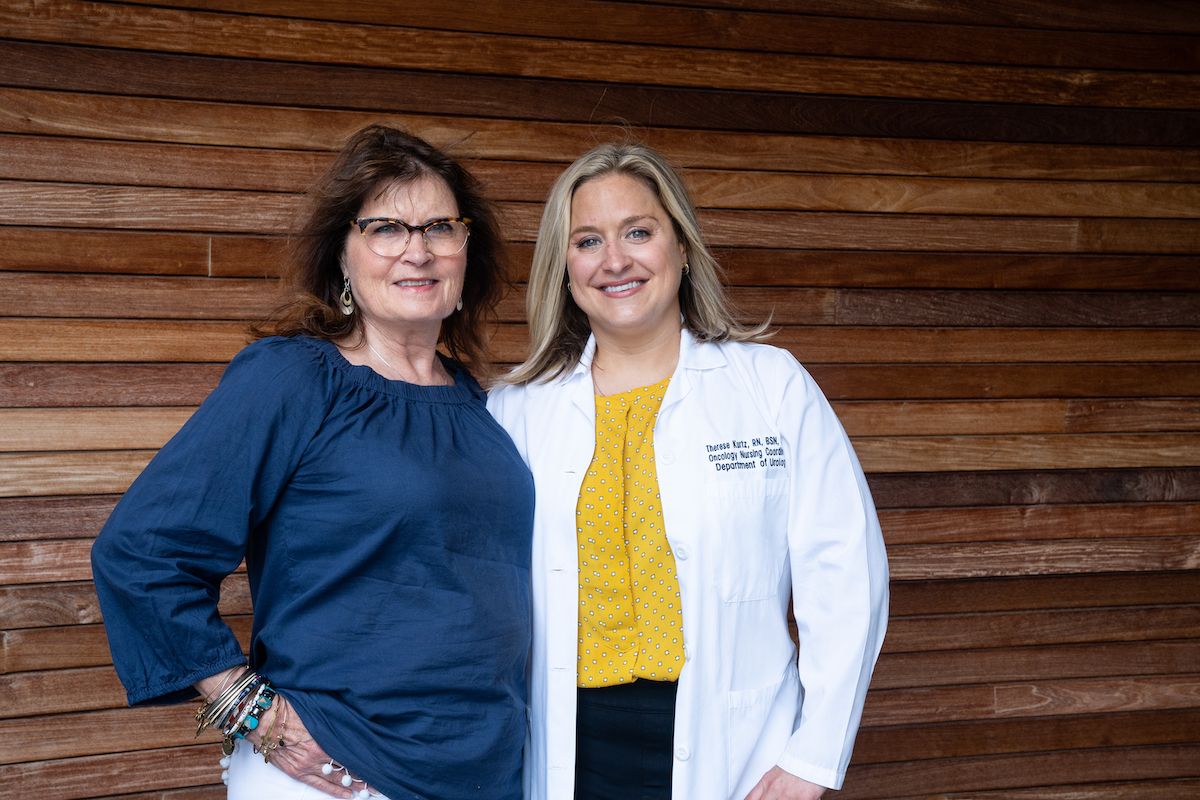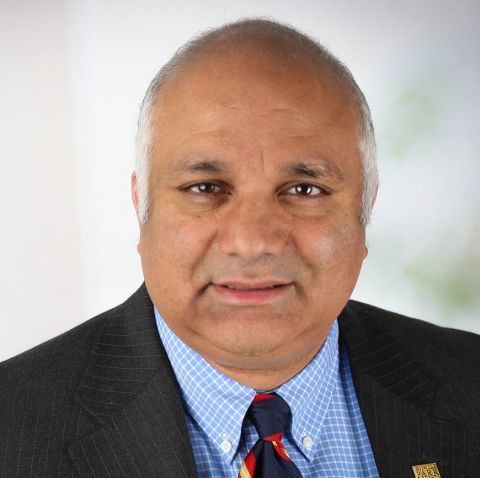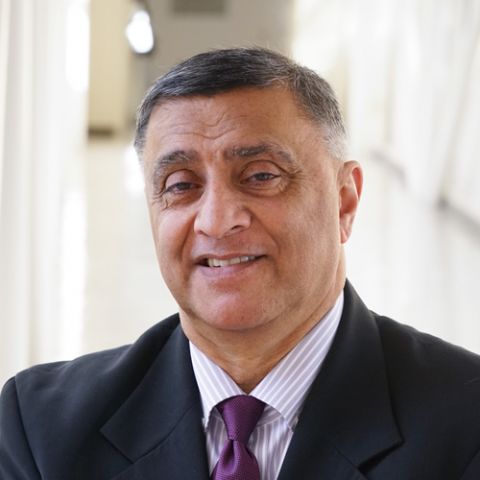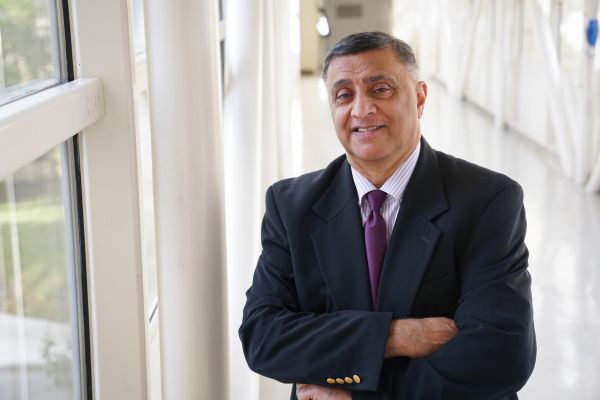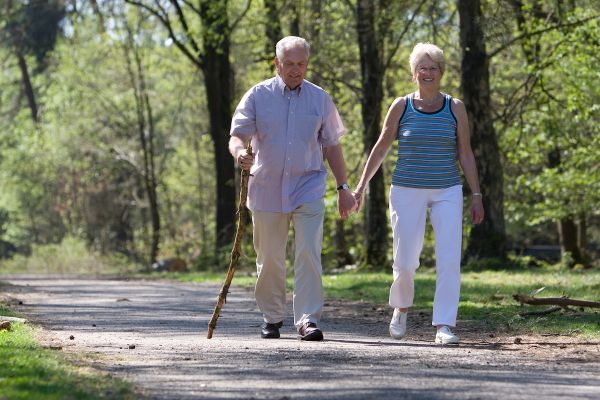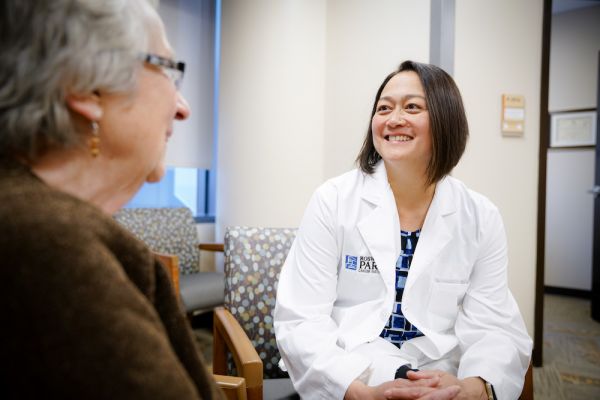When you’ve survived 22 years with bladder cancer, as Beth Kurtz has, you come up with some good advice. For instance: “If you have to wear support stockings because you had 42 lymph nodes removed, you might as well have some fun with it, so I got some tie-dye support stockings.”
And when, like Therese Kurtz, RN, you’re a nurse and the daughter of a person who’s had bladder cancer for 22 years, you’ve probably got some advice, too. So when the job of Genitourinary (GU) Oncology Nurse Coordinator became available at Roswell Park, Therese applied for the position, noting that she had observed “the puzzle pieces” of her mother’s experience and could help improve the experience for other patients.
Recurrent symptoms lead to diagnosis
Beth Kurtz went to her doctor in 1999 to address what she thought was a urinary tract infection (UTI). “My urine was slightly discolored, and I felt as though I needed to frequently urinate, which can be signs of UTIs as well as bladder cancer. But I didn’t know then that rust-colored urine is a common symptom of bladder cancer, so I never told my doctor about it,” Beth recalls.
She was treated with a standard UTI antibiotic, which worked for a while, but the problem kept coming back every few months. “After 10 months of this, my husband convinced me this was not normal and insisted I go to a urologist.”
After additional tests, Beth underwent a cystoscopy, a procedure that involved examining the lining of her bladder and collecting some cells, followed by a Transurethral Resection of Bladder Tumor (TURBT) to remove tumor tissue from her bladder. Beth soon learned that she had-low grade, non-invasive tumors on the wall of her bladder. She was treated with six sessions of intravesical chemotherapy, which delivers chemotherapy drugs directly into the bladder.
At the time, her daughter Therese was just 15 years old.
Beth remained in remission for four years. When her symptoms reappeared, she underwent another TURBT procedure and was treated with a different type of chemotherapy. By the time her cancer recurred a third time, Therese had graduated from nursing school, worked as a pediatric ICU nurse in Washington, DC, and returned to Buffalo to join Roswell Park as an ICU nurse.
At that point, encouraged by Therese, Beth switched her care to Roswell Park, where she became a patient of Thomas Schwaab, MD, PhD. Under his care, Beth had a fourth TURBT procedure and another round of intravesical chemotherapy, which led to remission for six years.
A new diagnosis — and a change in plans
Then, in 2017, two major changes occurred in the lives of both Beth and Therese. Beth’s cancer recurred again, but this time it was a high-grade squamous cell carcinoma. “That’s when Dr. Schwaab suggested I consider having intravenous chemotherapy and a robotic radical cystectomy, to remove the entire bladder and some other nearby organs,” Beth says.
“Therese was at most of my appointments and asked a lot of questions that I might not have thought to ask. We decided that removing my bladder was the right decision for me, and in the absence of a bladder, I chose to go with a urostomy bag outside my body to collect urine.” Beth’s treatment plan was led by Khurshid Guru, MD, Chair of Urology and Director of Robotic Surgery, and Gurkamal Chatta, MD, Clinical Chief of Genitourinary Medicine, with support from the rest of the GU team.
“The GU doctors and nurses describe a cystectomy as a ‘really big surgery,’ and it is,” Beth says. “I had my bladder, uterus, fallopian tubes, cervix, ureters, part of my colon and 42 lymph nodes removed, and a hole was made in my abdomen so that urine could drain into the collection bag. It was a long recovery, including nine days in the hospital and another eight weeks before I could drive. In that time, I worked with a home nurse and the GU team at Roswell Park to learn how to use the urostomy bag.”
Improving the patient experience
Soon after Beth’s surgery, a position for GU Oncology Nurse Coordinator opened at Roswell Park. “While I loved working in the ICU, I actively lobbied for this new position,” Therese recalls. “Based on what I’d seen my mother go through, I knew there was a need for someone to help put together all the puzzle pieces of coordinating care and communication for patients who are dealing with bladder cancer and have gone through something as big as a radical cystectomy.”
Working with Dr. Guru, Dr. Chatta and Michelle Graton, NP, one of the first things Therese did after joining the GU team was create an easy-to-follow set of instructions for cystectomy patients and their caregivers to refer to before, during and after surgery.
In addition, Therese and Michelle started a bladder cancer patient support group that they coordinate. “That group has been a lifeline for me,” Beth says. “I’ve learned all kinds of things from other bladder cancer patients, including types of insurance that are really helpful for paying for supplies, online resources for bladder cancer patients, how to plan for emptying urostomy bags when leaving the house, and even simple but life-changing tips like tying a cotton baby bib under the urostomy bag to reduce irritation and friction on the skin.
"Likewise, I was able to share the name and advice of an expert urostomy nurse I worked with when I had a skin wound caused by the adhesive that holds the bag to the body. I’ve used three different types of bags, and I’ve been able to share which one has worked best for me and why,” Beth says.
Why Roswell Park for bladder cancer treatment?
Find out more about what makes Roswell Park unique in treating bladder cancer.
The group also has taught Michelle and Therese about issues faced by bladder cancer patients that they then share with doctors to promote a smoother treatment process. “For instance, based on patient feedback, we now try to spread out their cystectomy education to two days instead of one, because of the information overload. With patients’ help and transparency, we have created a comfortable space for new and past patients to communicate. It has become a really uplifting place during these patients’ most stressful times. We even have a mentor list, so patients can call previous patients if they are not comfortable in a public forum.”
In the four years since Beth had her bladder removed, she has learned to live well with her "new normal."
“I have to do some planning in advance, but I stay active and can still bike, walk, swim and play tennis. I’m able to go on vacations. My faith also has helped me through the last 22 years. And I am so grateful to have had my husband, Ken; Therese; the amazing Roswell Park team; and the cystectomy support group by my side through all of this.”
Editor’s Note: Cancer patient outcomes and experiences may vary, even for those with the same type of cancer. An individual patient’s story should not be used as a prediction of how another patient will respond to treatment. Roswell Park is transparent about the survival rates of our patients as compared to national standards, and provides this information, when available, within the cancer type sections of this website.
